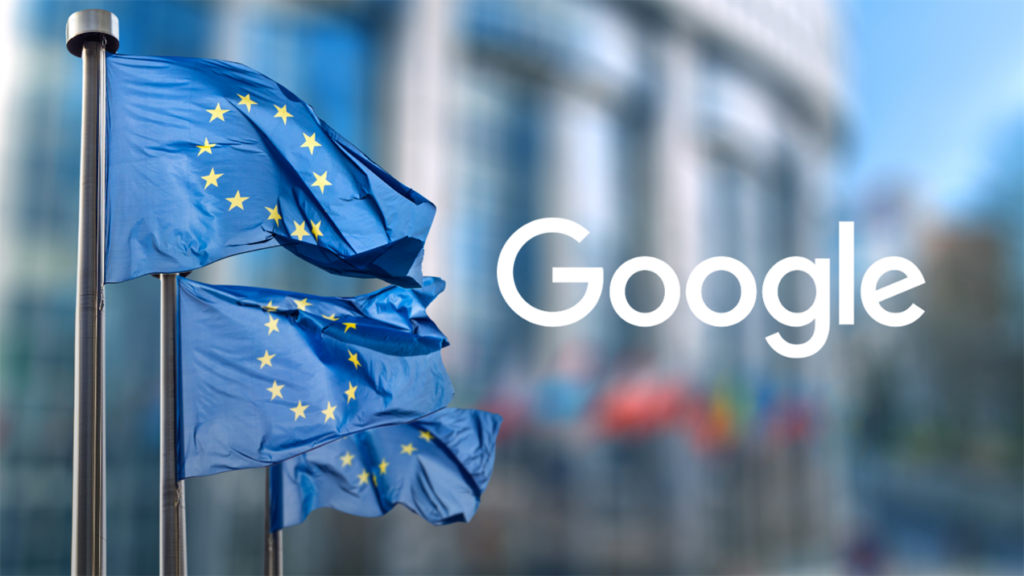A recent regulatory decision by the European Commission has provided a significant boost to competitors in the artificial intelligence (AI) sector, challenging Google’s long-standing dominance while reaffirming its powerful market position. The order aims to foster competition and innovation by requiring Google to share certain datasets and AI-related tools with smaller rivals (ft.com).
Details of the Data-Sharing Order
The order, issued under the EU’s ongoing antitrust review of Google, mandates access to anonymized datasets used in the company’s AI models. These datasets are critical for training machine learning algorithms in areas such as natural language processing, search optimization, and recommendation systems. Regulators argue that restricted access had previously stifled competition, making it difficult for emerging AI firms to develop competitive products.
Immediate Impact on Competitors
AI startups and mid-sized tech companies have welcomed the ruling, viewing it as an opportunity to accelerate product development. With access to high-quality datasets previously limited to Google and a few major players, companies like Anthropic, Cohere, and Stability AI can now train sophisticated models without the high costs of acquiring proprietary data.
Analysts predict that increased dataset availability will drive faster innovation in AI applications, including chatbots, content-generation tools, and predictive analytics platforms. The ruling encourages a competitive environment where smaller firms can iterate on AI solutions without being blocked by data monopolies.
Google’s Response
Despite the ruling, Google remains a dominant force in AI due to its advanced infrastructure, proprietary algorithms, and decades of expertise. The company has expressed willingness to comply with the order but emphasizes that its competitive advantage lies in large-scale computing power, algorithmic expertise, and an extensive product ecosystem, which cannot be easily replicated by competitors (reuters.com).
Broader Implications for the AI Industry
The decision highlights growing regulatory scrutiny of AI technologies and underscores the importance of data accessibility in shaping competition. Experts suggest the ruling could set a global precedent, including in the United States, where lawmakers are increasingly concerned about AI monopolies and data concentration.
While Google will continue to lead in scale and resources, the mandate may accelerate the emergence of innovative solutions from smaller firms, benefiting consumers with more diverse AI-powered products and potentially lowering costs in sectors reliant on AI.
Looking Ahead
As the AI ecosystem evolves, regulators, tech companies, and startups will navigate a delicate balance between innovation, competition, and responsible data usage. Google’s rivals are poised to capitalize on new opportunities, while the tech giant must adapt to maintain its edge in an increasingly competitive environment.
The EU data-sharing order marks a pivotal moment for the AI industry, signaling a shift toward more equitable access to resources while highlighting the ongoing tension between market dominance and regulatory oversight.

